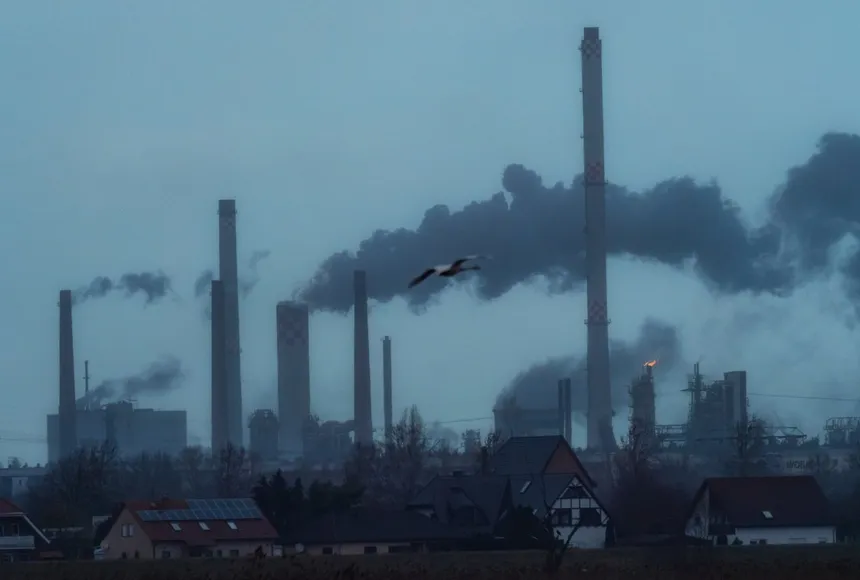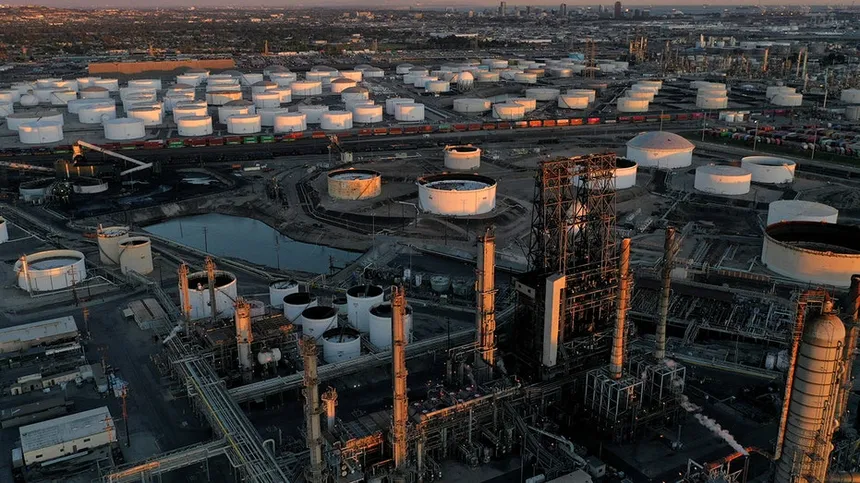As the summer heatwave in Arizona continues to take its toll, lawyers are urging prosecutors to consider filing homicide charges against big oil companies for deaths caused by the extreme weather event. In a new prosecution memorandum, the authors contend that the case for prosecuting fossil fuel companies for climate-related deaths is strong enough to warrant the initiation of investigations by state and local prosecutors.
The memo, published by consumer advocacy group Public Citizen, argues that the state of Arizona could pursue reckless manslaughter or second-degree murder claims against oil companies for the July 2023 heatwave that killed hundreds of residents. Climate scientists have found that the event would have been “virtually impossible” without the climate crisis, which is primarily caused by the burning of fossil fuels.
The victims of the heatwave were diverse, the memo’s authors write, ranging from homeless individuals who died from heatstroke to wealthy residents who succumbed to the extreme temperatures. While some victims had pre-existing health conditions, others were young and healthy. The authors note that the heatwave had a devastating impact on people from all walks of life, regardless of their socioeconomic status.
The research comes as Arizona and many other US states have faced extreme temperatures this month, leaving many reeling from the latest heatwave. Public Citizen’s senior policy counsel, Aaron Regunberg, says that these climate disasters did not come out of nowhere, but were knowingly caused by fossil fuel companies that chose to prioritize profits over people’s lives.

In recent years, 40 cities and states have sued major oil companies for their role in the climate crisis and spreading climate doubt. These lawsuits are based on civil charges such as tort law and racketeering protections. However, Public Citizen has proposed filing criminal charges, including homicide, against the companies, which may seem radical but has sparked curiosity among experts and public officials.
The prosecution memo marks a step towards putting the legal theory into action, arguing that criminal charges may be necessary to hold fossil fuel companies accountable for their actions. The memo’s authors stress that their findings can serve as a starting point for any prosecutor seeking justice for climate victims, and could inform legal efforts in practically any jurisdiction that has experienced climate-related deaths.
Climate activist and author Bill McKibben has also weighed in, saying that the climate crisis is a crime that demands justice. He argues that the only question left is whether our legal system will recognize these crimes, and the new analysis provides a glimmer of hope that the answer could be yes.
The advocates’ push for criminal charges against fossil fuel companies raises important questions about accountability and justice in the face of climate change. With the scientific consensus clear on the role of human-generated carbon emissions in driving the crisis, it is increasingly difficult to argue that those responsible did not know the risks. As the legal system grapples with the consequences of climate change, it may be time to reconsider the traditional boundaries between civil and criminal law.

